MAKING GOOD
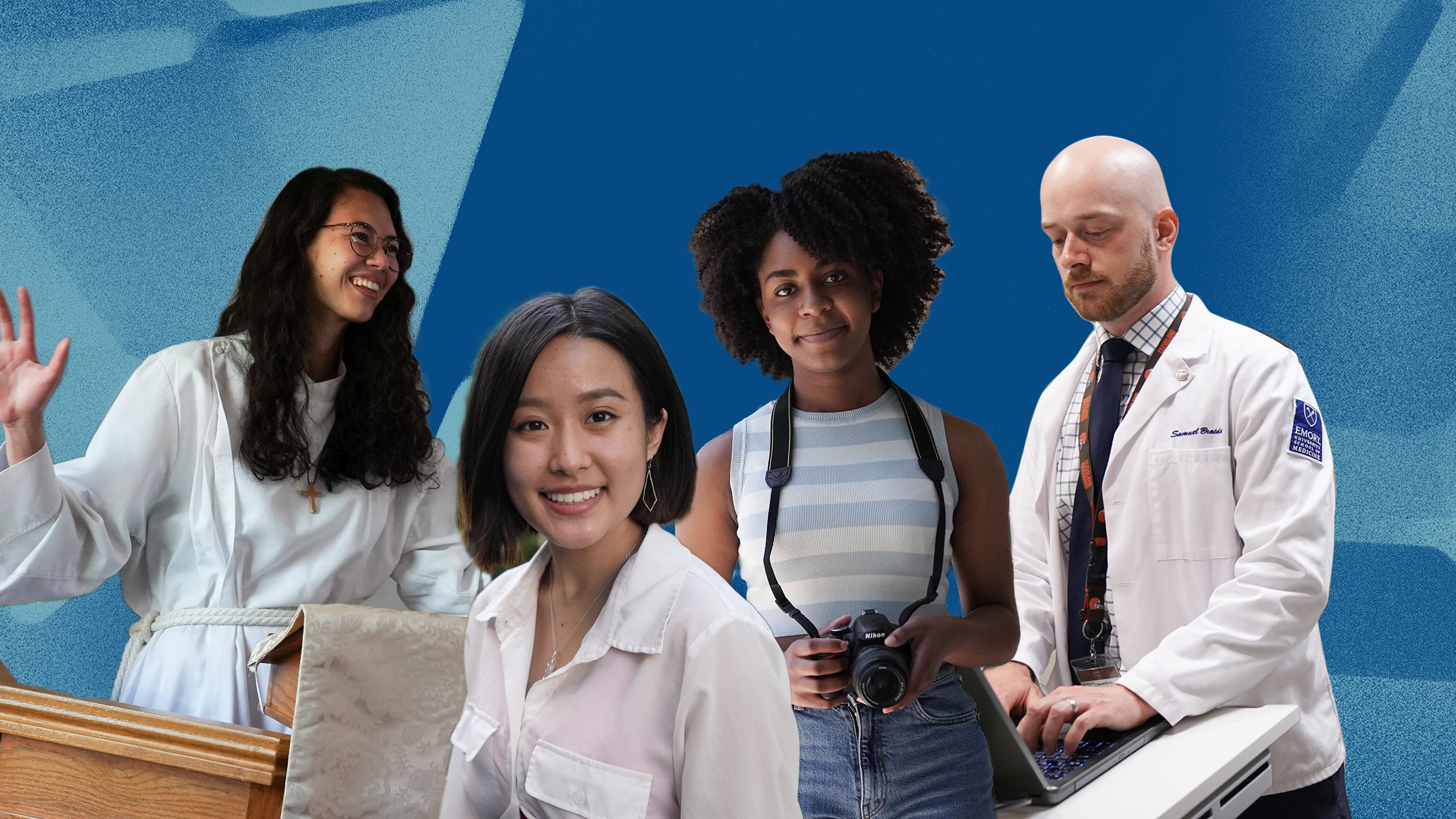
A look into how four Emory students challenge conventional thought, put community first, and do it with grit.
Finding Courage in Art

Yifei Gao 23C grew up in the all-American kingdom of the latch-key kid. The naturally shy child of Chinese immigrants searched for an outlet that would help her find her voice.
“Art gave me courage. It’s transformed me in a way where I’m not afraid to present myself as who I am,” she said. “It was a way for me to acknowledge my truth and what I value.”
At Emory, Gao found that her courage grew even more with help from resources like Career Services, an extensive alumni network, and microgrants from the Hatchery. Those resources paired with her own knowledge that art can change lives led her to found Art for Heart.
“There’s a flourishing art community at Emory,” said Gao. “I feel like Art for Heart is bringing that to life."
Gao founded the nonprofit a year ago and quickly filled her team with students that run a gamut of disciplines from communications to business to psychology. The group has an initiative that funds art supplies for kids; they create art that can be auctioned off to raise funds, and this summer, they’ll run a camp for high schoolers who wouldn’t otherwise have access to art lessons.
In their own words: Yifei describes Art for Heart’s first project and how it inspired the organization’s mission.
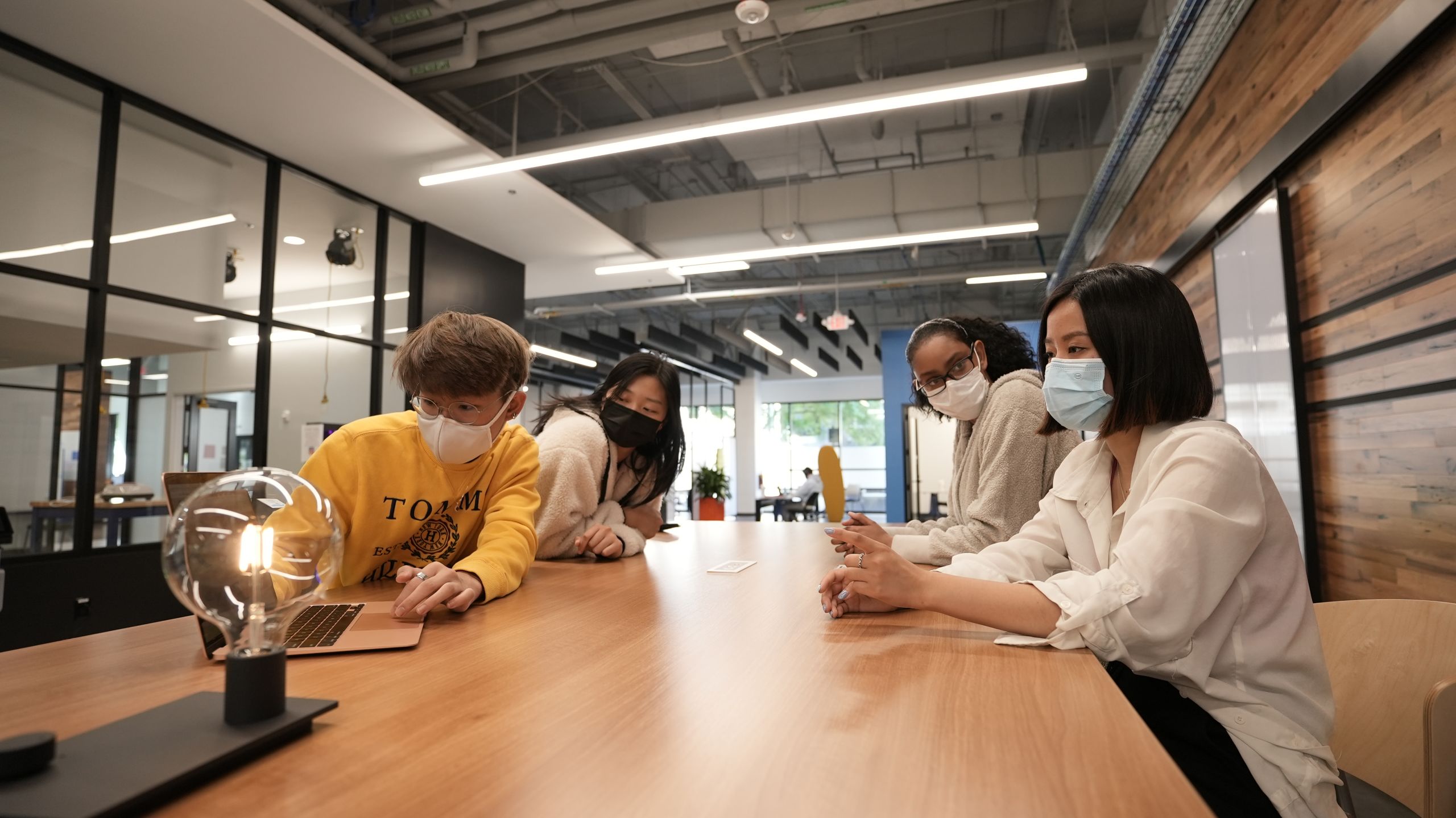
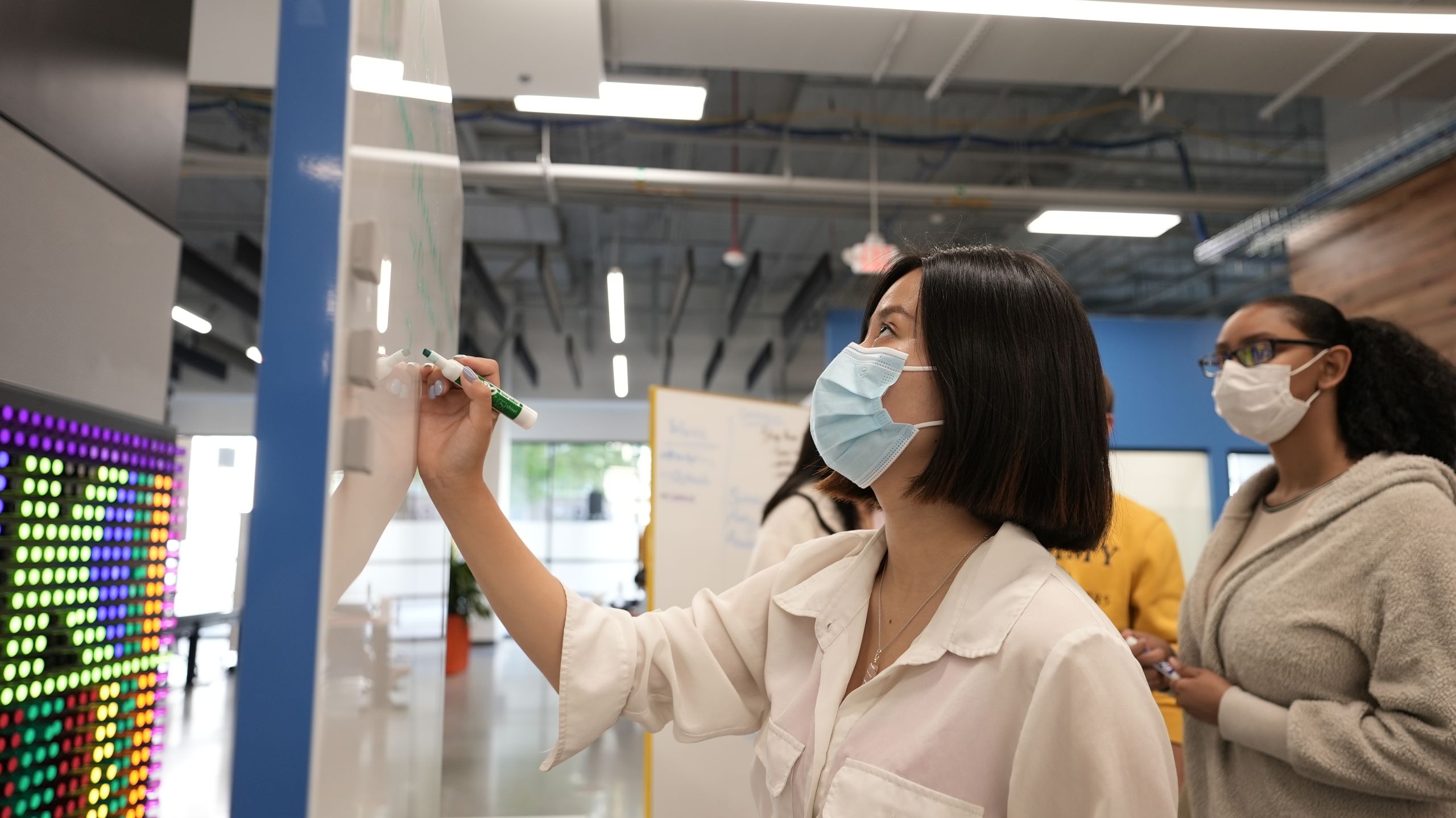
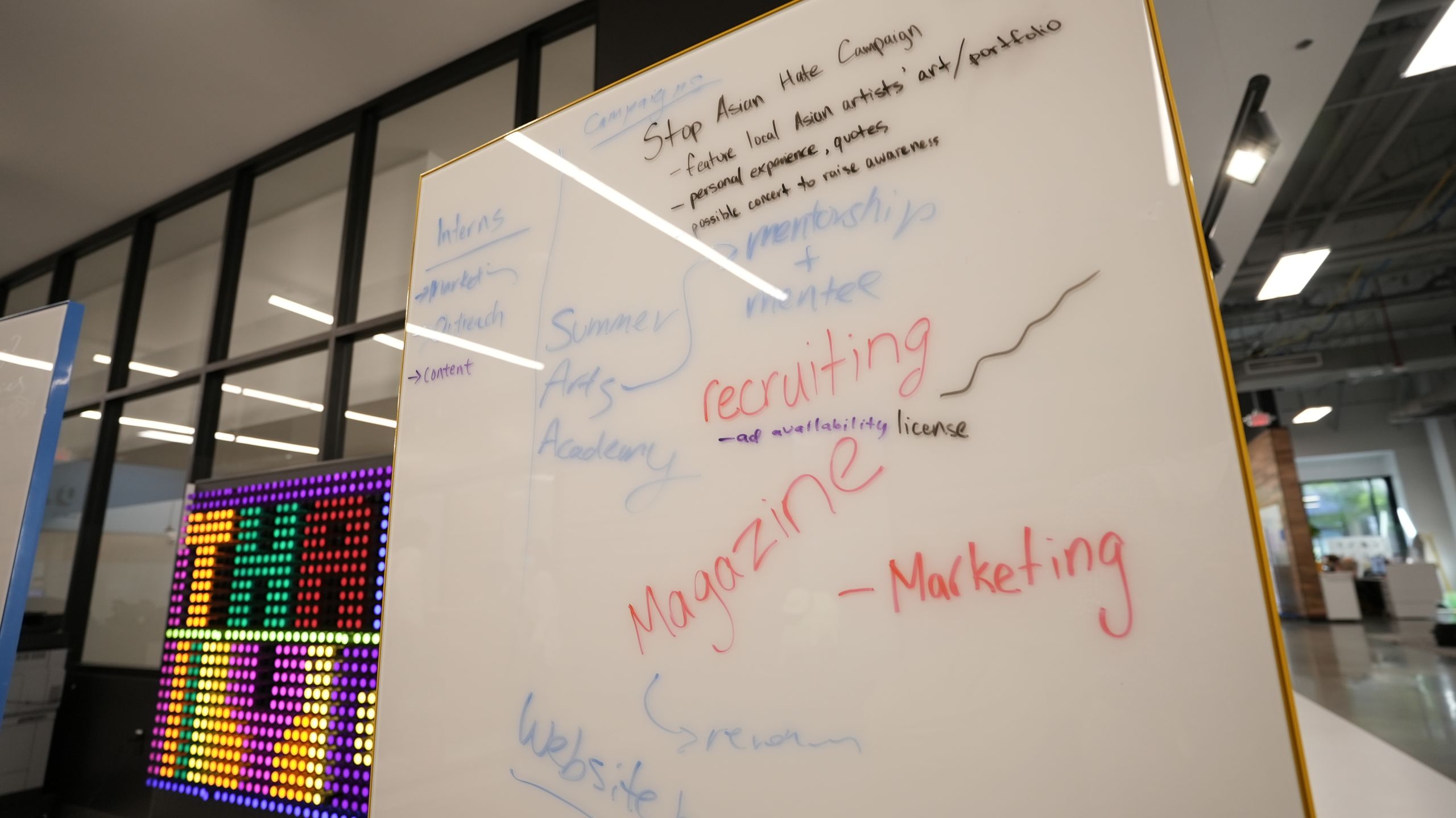
Putting People First
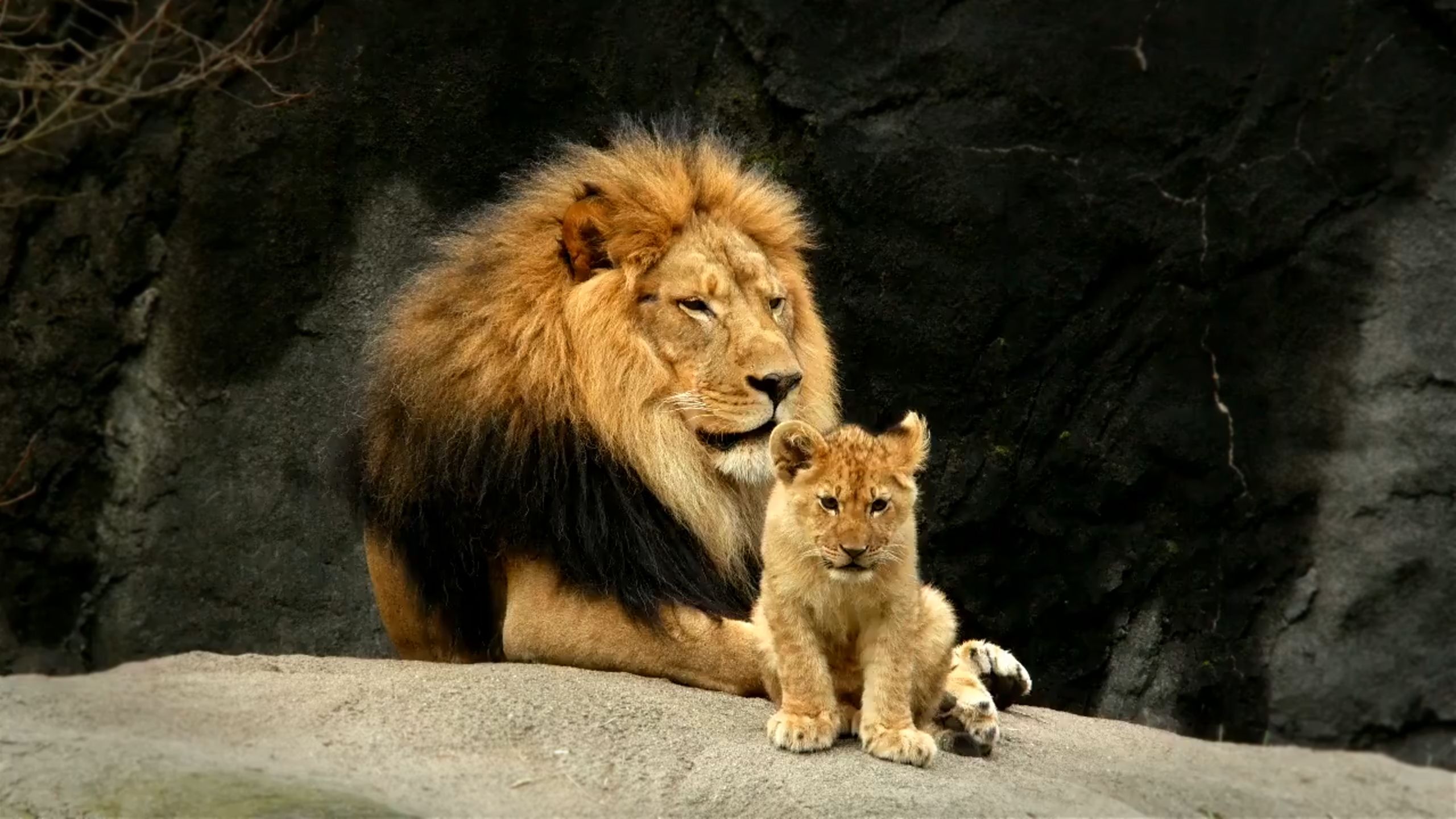
When Sam Broida 21M thinks about what inspired his interest in orthopaedic oncology, he thinks back to his undergrad days working in the Emory ALS Center under director Dr. Jonathan Glass.
“Lou Gehrig’s is a terrible disease,” Broida said. “There were a lot of hard—but incredibly meaningful—conversations that Dr. Glass had with his patients. The way he connected with his patients and the way he was able to provide them with answers appealed to me.”
Broida spent much of his first few years in the medical program sitting in on lectures, broadening what he knew about medicine, and taking advantage of the free pizza. In one fateful lecture focused on international care locally, Broida and Sarah Clark 21M heard a lawyer relay a simple plea: Thousands of immigrants in Atlanta are seeking legal asylum, and they would benefit from medical and psychological evaluation.
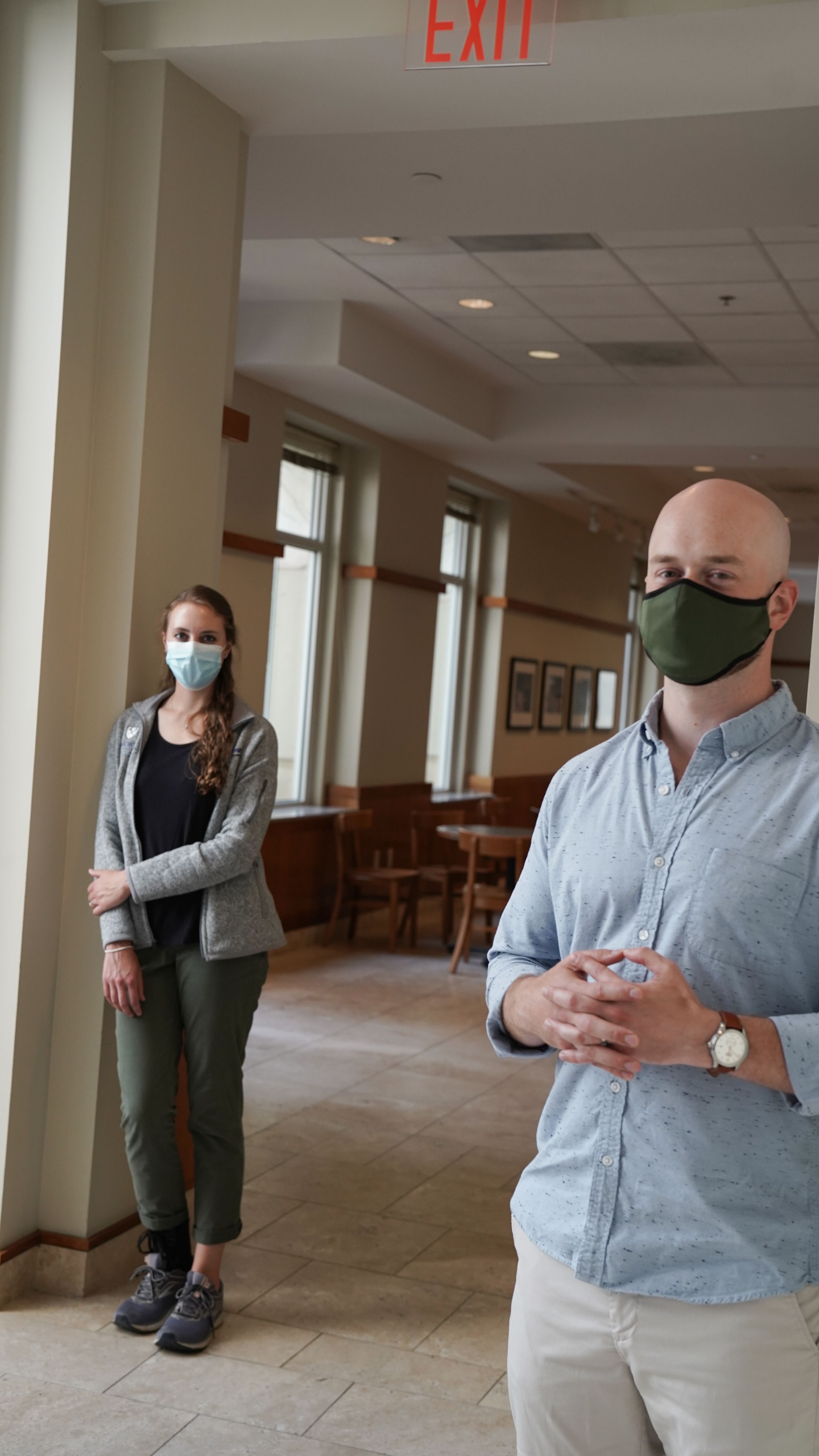
“Sarah and I turned to each other and we both agreed that this was something we should do. We agreed that we’d be at Emory for four years, this was in our first year. It was a pretty tremendous undertaking—I don’t think we even realized it at the time.”
Clark and Broida founded the Georgia Human Rights Clinic. It took them two years to see their first patient.
“This work is a long process, and it’s not very rewarding in the moment,” Clark said about the process of evaluations, which occur sometimes more than a year before the client’s court date.
“We are laying the foundation of care to this population. What’s kept us motivated is knowing that the outcome of our work will have an effect long after we’ve left Emory.” Clark said.
Broida agreed, saying that the clinic, now being passed down to another set of medical students, has become an act of compassion and hard work.
In their own words: How traveling abroad gave Sam a new perspective on medicine.
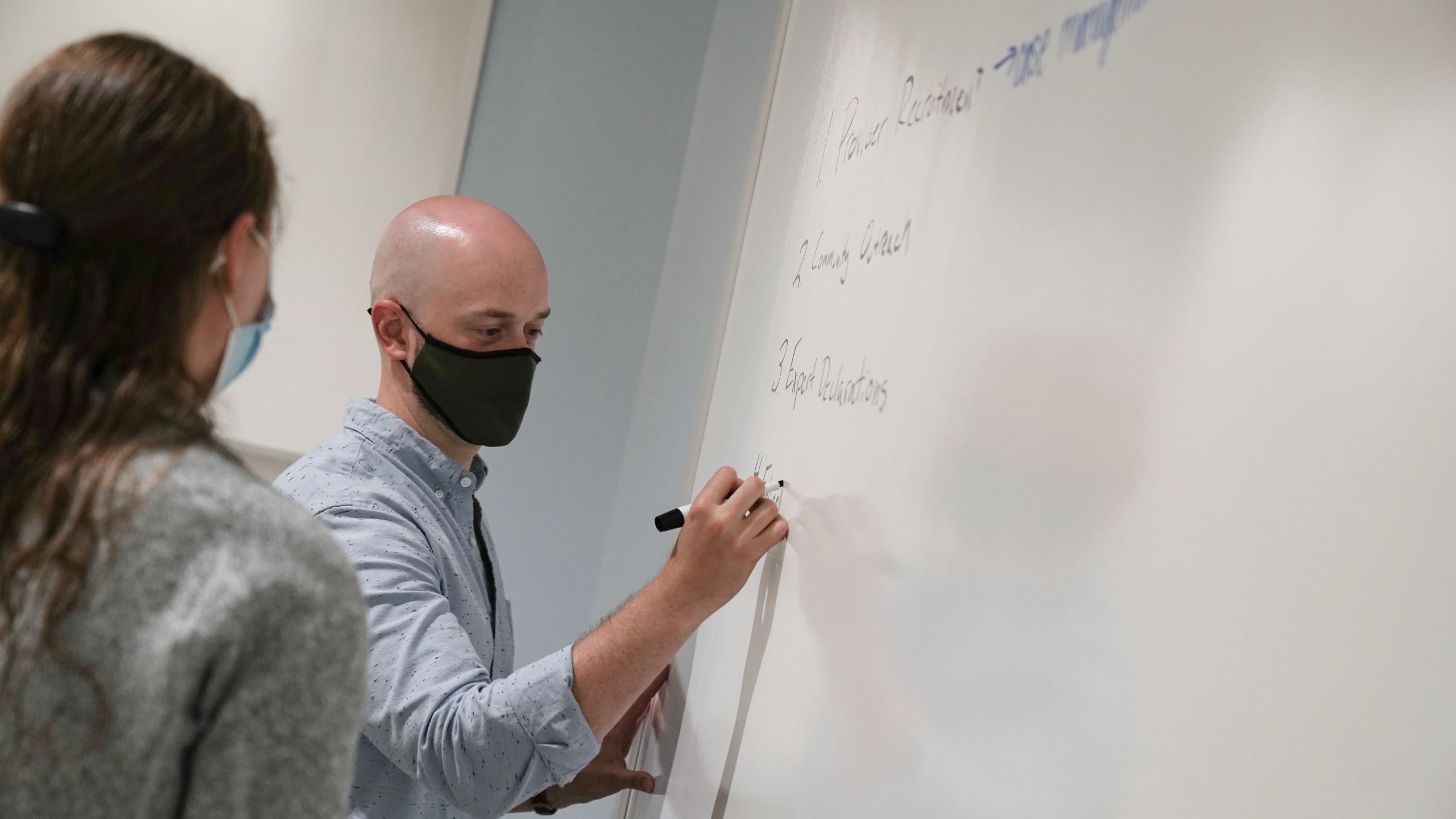
Called by Candler

That earth-shattering feeling of affecting another person’s life comes to Janelle Hiroshige 21T when at the pulpit of Holy Comforter Episcopal Church. A California native, Hiroshige never thought priesthood was her path in life. An extensive scholarship package offered by the Candler School of Theology helped her see what was possible.
“Candler and Holy Comforter both meld together and help me challenge what I believe faith to be,” said Hiroshige. “In school we talk about the importance of community. And then at the church, I get to make those connections in real life.”
Holy Comforter Episcopal is nestled in a community near East Atlanta Village. At one time, attendance had fallen and the church was at risk of closing its doors. Instead, church leaders decided to open them wider, creating a ministry for the most vulnerable members of the surrounding community. The result became the Friendship Center, which helps people who are marginalized by poverty, chronic mental illness, and disability.
This past summer in the midst of the pandemic, Hiroshige embarked on an experience aided by the Candler Advantage Advanced Summer Internship program, which supports an intensive practice of parish ministry for theology students. Hiroshige used the opportunity to fund photography equipment. She then set off to visit the homes of people who once filled the pews at Holy Comforter but who were now at home, stuck in the grief felt by the world during uncertain times. “One woman gave me blackberries from her garden. It made me feel connected to the congregation in a time where we needed it most.”
In their own words: Janelle on why growing up as a“cheesy churchgoer” led her to seminary.
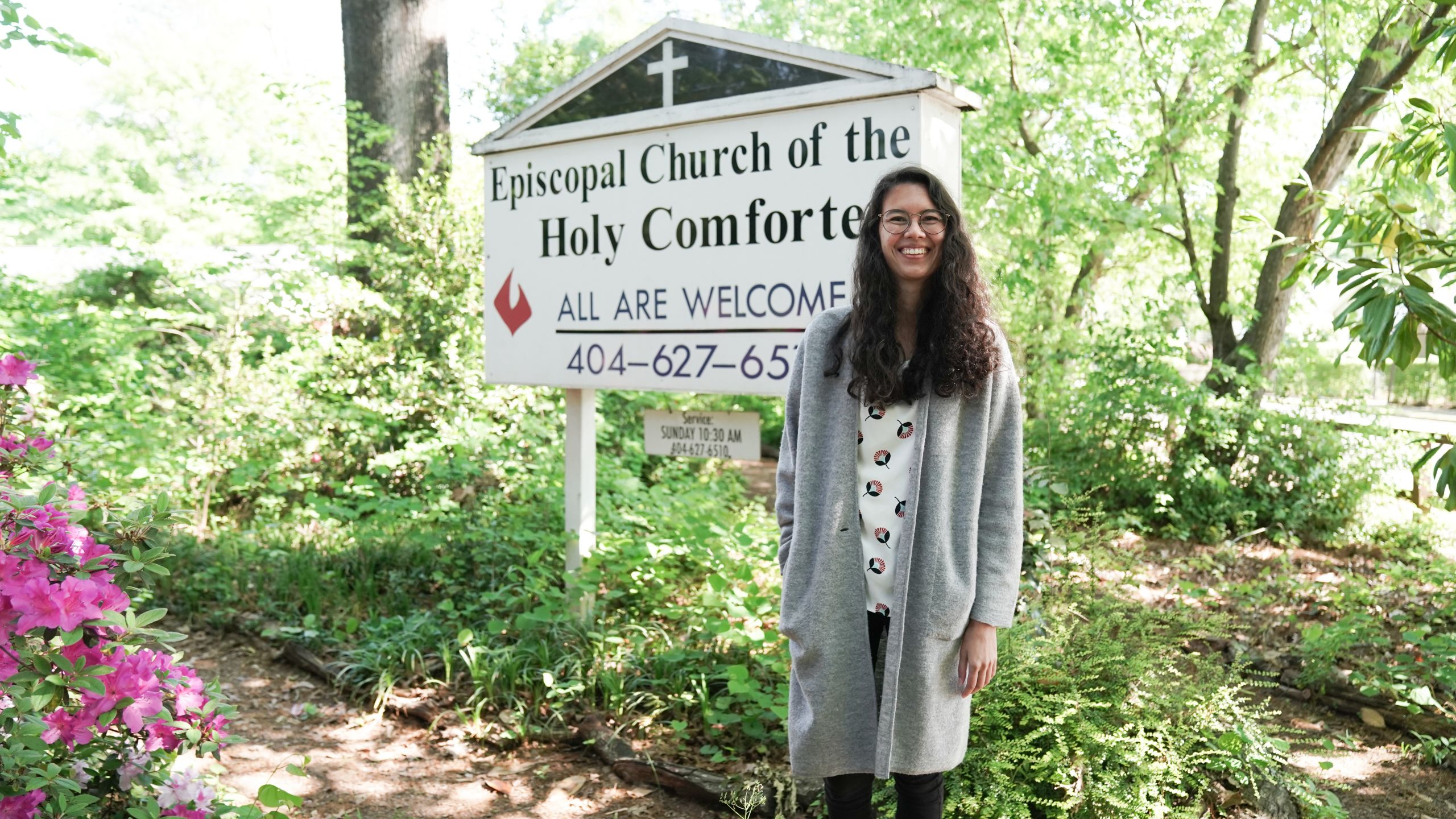
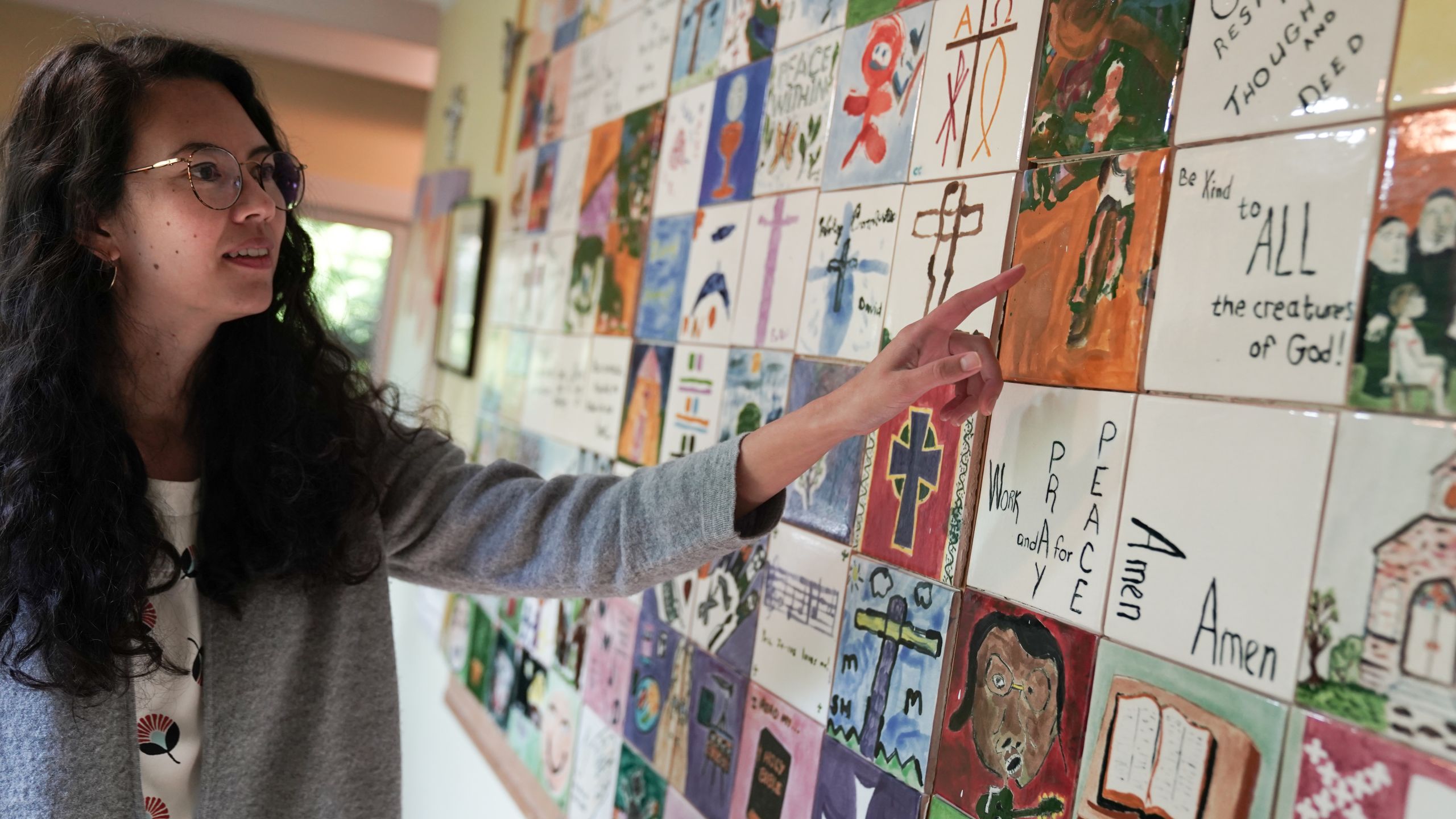
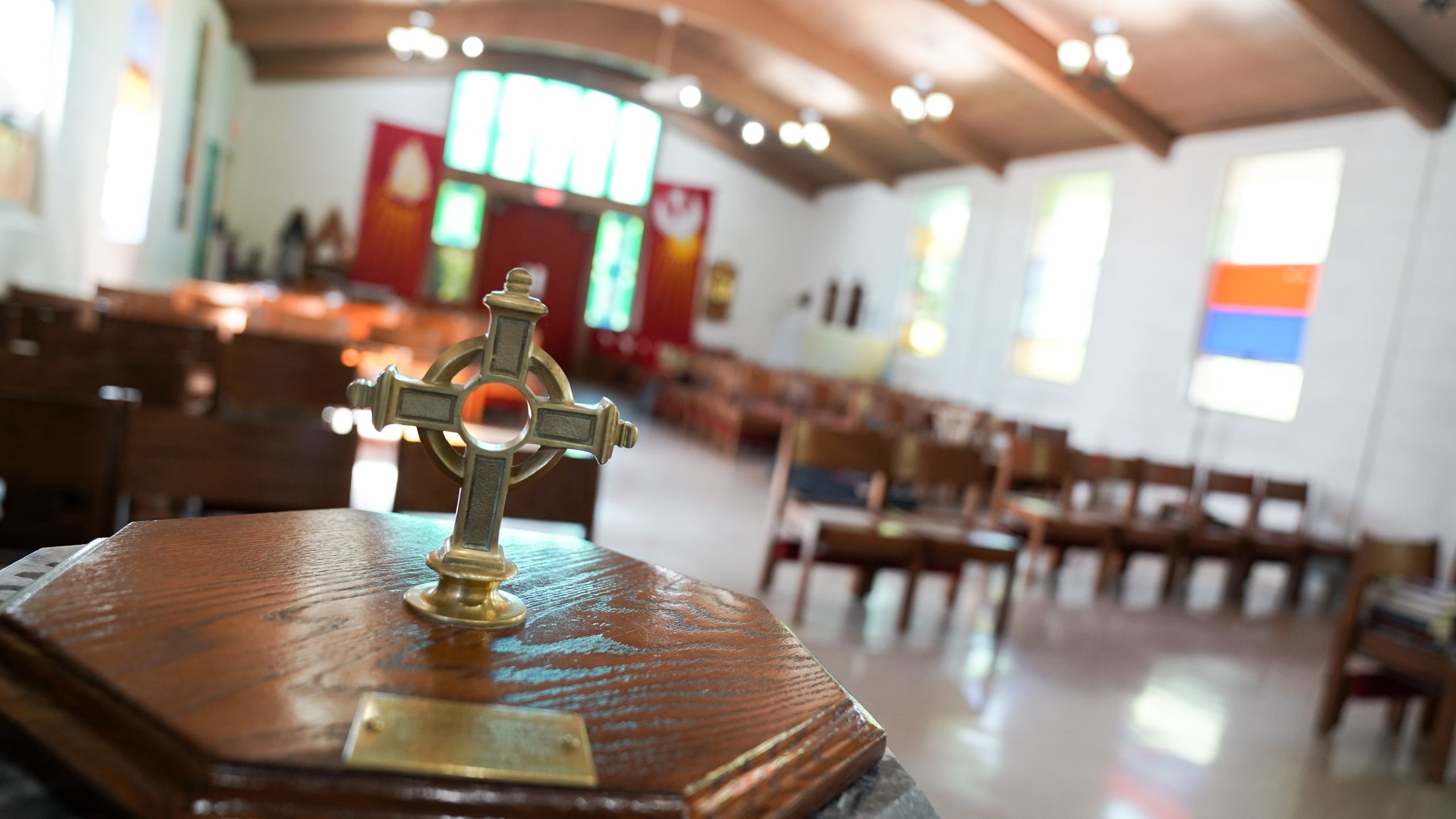
More Than Just Business

Nyah Bruce 24B has found ways to use her creative mind to benefit entrepreneurs in the Atlanta area. Bruce—who has always loved art—blends creativity with the no-frills analytics of business. She is a Goizueta Scholar, a merit scholarship that provides a close-knit community of students access to supplementary courses, lectures, and expanded opportunities while they attend Emory.
“I feel the Goizueta Scholars program offers a lot of support,” she said. “Before I even came to Emory, I got a feel for how much everyone in the program emphasized community here.”
Bruce, in her first year, has kept busy. She’s involved with business student organizations Emory Impact Investing Group and Consult Your Community. Bruce worked with local business YogaSkills to help with client management and an extensive social media strategy.
In their own words: Why Nyah chose Emory University.
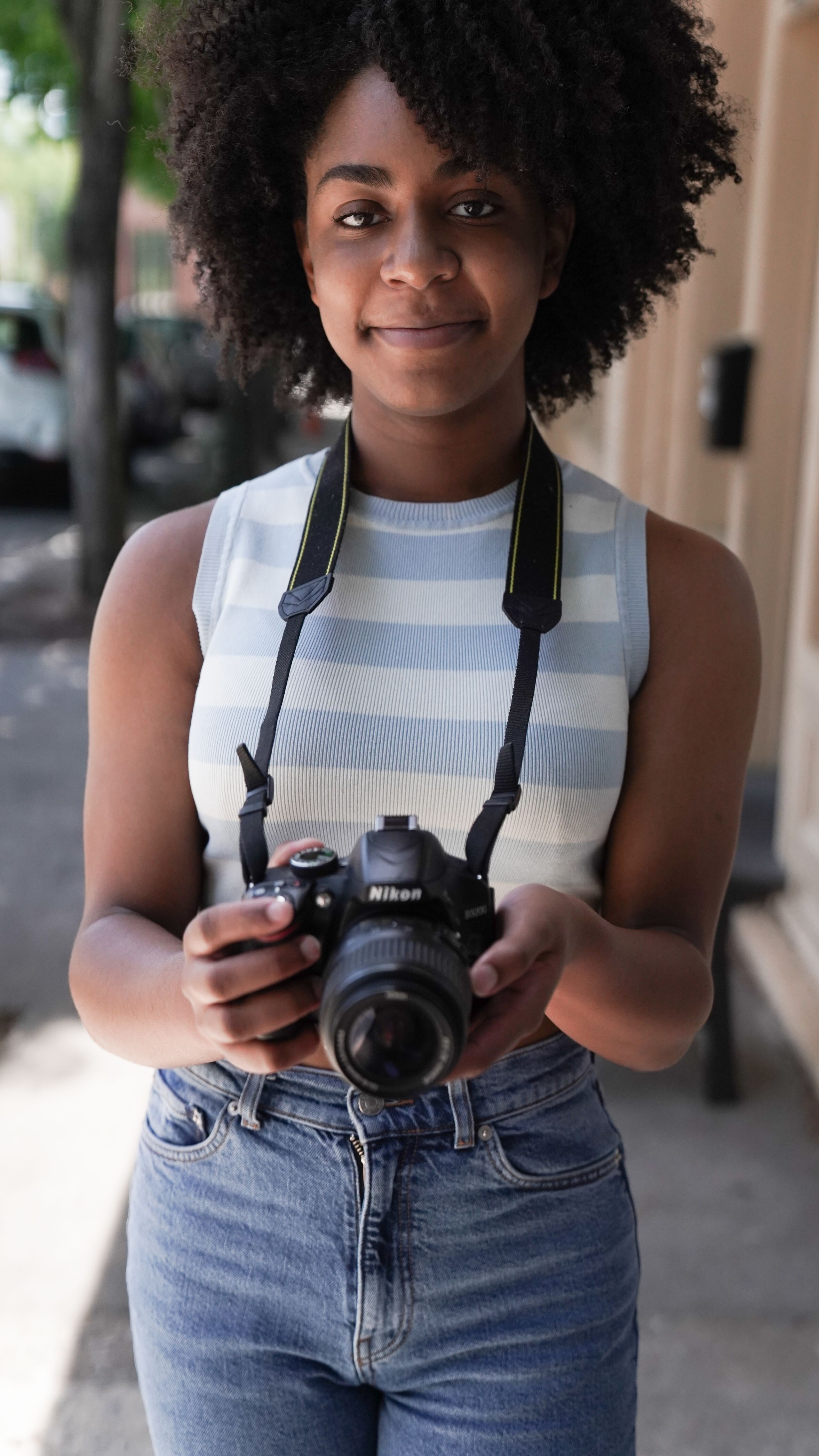
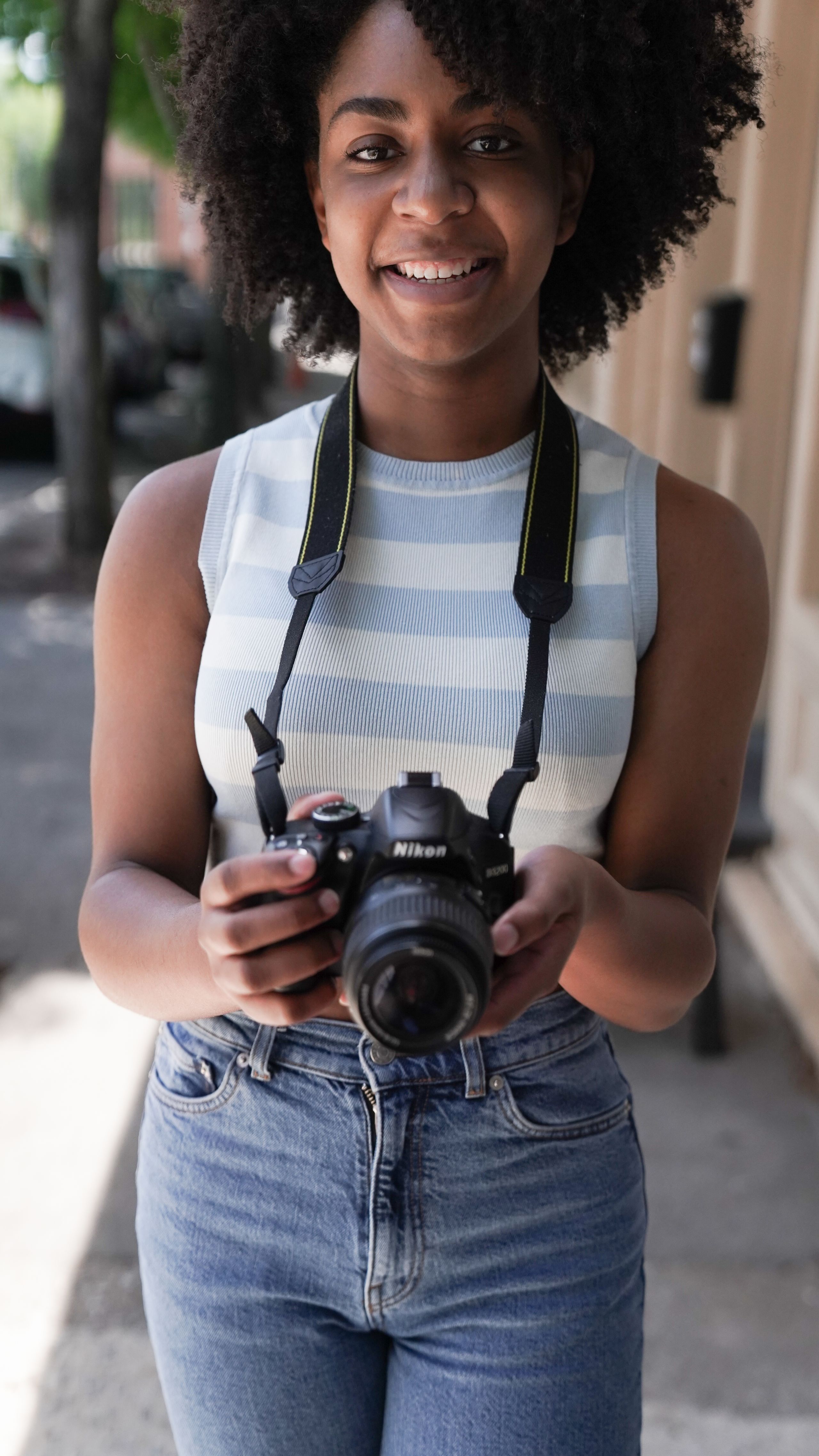
What unites students across Emory, seemingly from incompatible disciplines and disparate perspectives?
They all aspire to the promise of making the world better by making good.

“You have to discover what you enjoy. And to do that you need opportunity. Emory gave us all the opportunity to explore and find what we’re passionate about. We never would have figured that out if it wasn’t for Emory.”
—Sam Broida 21M
Here’s how you can support remarkable students like these.

